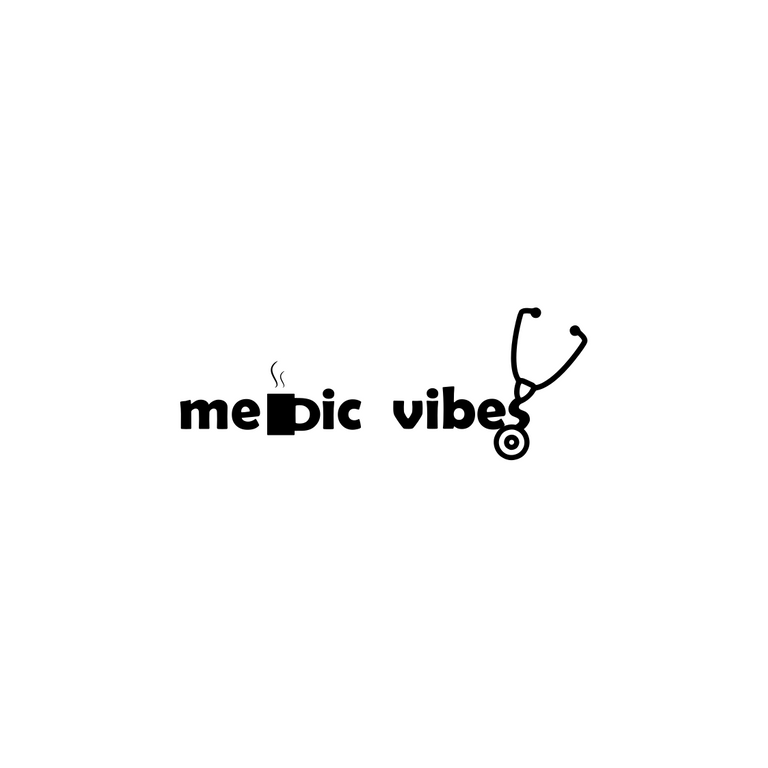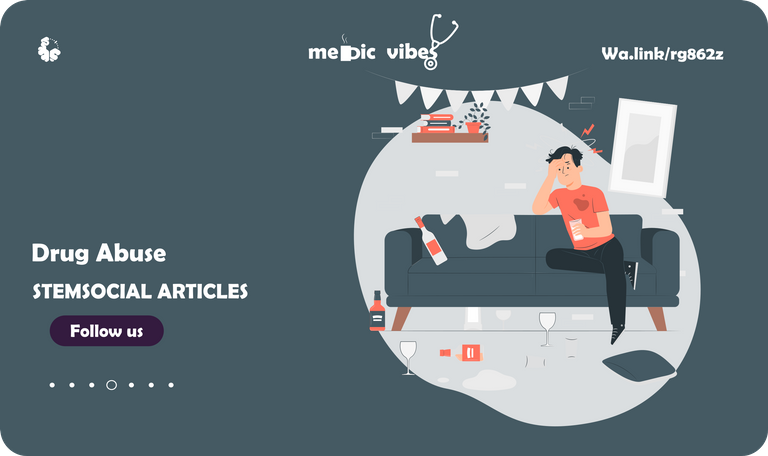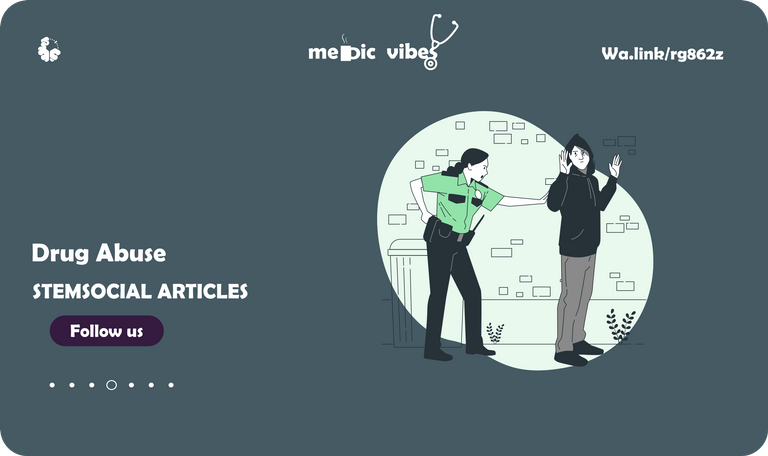Substance Abuse in Nigeria(Method)
In the last post, we saw how:
- Epidemiology of substance abuse in America, rates vary by age group.
- Drug abuse rising in Nigeria with youth affected, leading to crime and poor life choices.
- Treatment of comorbidities in substance abuse with cognitive-behavioral therapy and multi-disciplinary approach.
Welcome to Medic Vibes, where we discuss mental health disorders and make sense of them. Dr Ebingo Kigigha is a medical doctor (aspiring psychiatrist) and creative person (illustration and music). This has been our routine for four consecutive months. This month will be dedicated to substance abuse. In the first month, we discussed Depression, and in the subsequent month, anxiety. We just finished with Conduct disorders.
In this post, we are looking at A Nigerian Study on Substance Abuse. To learn more just keep scrolling down. You can also skip to the key point of the post if you which or go to the conclusion to get the summary.

Many have in some way inferred that addiction is a disease of the brain and the processes that take place that take patient from user to abuser are neurochemical.
There is enough proof that these changes do infact occur in the brain the problem researchers have been trying to solve has been wether or not these changes are large enough to account for the symptomatically.
The arguments against these changes are that the patients ability to change their behaviour when they are sufficiently encouraged and they go through therapy is proof that the case is more complex than the neurochemisty would suggest. This is a view held by a large contingent of drug abuse researchers.
There are psychological and social factors that play a role very close in relation to the patient but more specific factors can be narrowed down to the person’s history.
When the drug is is used it starts a process that lead to reward or avoidance and is also related to learning. These have an effect on the chances that the drug will be used or avoided.
Some drug users also are affected by tolerance and the processes that lead up to it. In addition they can be affected with developed dependence. If tolerance takes place they there will be a dampening of the effects of the drug. When they go above their tolerance range, only then do they feel the adverse effects of the drug use and the features of the drug withdraw can make it so that the patient does not continue to use the drug.
There are several theories about the changes that take place during substance abuse and are mostly derived from theories that have existed about a century ago. These more empirical schools of thought believe that substance abuse have a masturbatory element to it and users of heroin for example have elaborated on their experience as an orgasmic one. Some others theories derived meaning from the relationship these impulses have with anxiety and the others have related it to a regression to infant behaviour.
In recent times they have seen more relationships between ego and drug abuse as the affected persons are unable to deal with reality.
When considering that alcohol has some anxietolytic properties, it is possible that addicts see it as a form of self medication for panic, while opiates may be a useful abuse medication for anger and amphetamines are used to induce euphoria and deal with depression.
Indulging addicts can not pin point really the predominate emotion a condition named alexthymia.
When drugs are used on certain occasions or due to impulsive use is seen as a behaviour that is encouraged by its results.
Drugs can make a behaviour more likely or reduce its chances. Feelings of pain, anxiety and depression can reduce the chances of repetitive behaviour as regards drug use.
Some social effects can re-enforce this like pair group influence which is separate from the drug acting pharmacologicaly. The drug may cause these enforcement because of the euphoria there may increased likely hood of use or there may be many reactions that may have mixed effects that give rise to different reaction.
There is also the possibility that the abused drug may sensitize the nervous system to the itself making its effect worse. After some time paraphenelias start to trigger the patient, examples of paraphenelias are bottles, needle and other reminders in addition some other factors can stimulate this thought.
Some areas in the brain are turned on by cocaine, of interest is the cingulate gyrus and this has been found to resemble the same look on imagining as sexual stimuli. There is the possibility that there are other mechanisms through which dependence takes place other than drug use and seeking and learning and conditioning probably fills that role.
For a long time it has been clear that there is a conditioning that is related to opiate and alcohol use. The need for the drug as been associated with exposure to the specific drug.

Substance Abuse in Nigeria(Method)

Image by storyset on Freepik
Method of the study
The method through which this study was conducted was through literature search. The started looking through all the available data on PubMed from when it started collecting data until March 13 2020.
They used a special strategy to gather data. They developed this strategy and used it to search for “abuse drug”, “illicit drug use”, “drug illicit”, “psychoactive drugs” and Nigeria.
Some meaningful text were found manually from a credible list of article and speaking with specialist who knew more about it.
Google scholar was also used to gather information and when they searched they were only able to use 200 of the available text.
The literature of this study was gathered from the the available knowledge on Google, web pages and the UNODC.
This study review took studies into consideration based on if they would provide information on the incidence and prevalence of drug abuse in Nigeria. If they were done in set populations in the community, or they included governmental polices and intervention.
Studies on Alcohol abuse were not included. The authors of this study disagreed at times on the studies that should be included.
The information that was taken out of this study were the names of those who did the study, the population involved in the study, the area where the study was done, the number of people who were affected, the particular drugs that were abused, the source of the data, the reason why they used these drugs, and the other additional factors that influenced drug abuse.
In this study they had to come to a conclusion on the definition of Drug abuse. In the study they used the definition given by Benjamin and Chidi.
the use of a drug that is not generally accepted on medical ground, i.e. continuous or occasional use of drugs that would cause overt behavioral change by the individual either of his own choice or under a feeling of compulsion, to achieve his well-being or what he conceives as of his own wellbeing.
Questions
- What did you learn about Substance abuse?
Conclusion
- Literature review of drug abuse in Nigeria, using PubMed, Google Scholar, and UNODC.
- Addiction is a complex disease involving neurochemical, psychological, social, and historical factors.

References
Page demarcations made with Inkscape.org


Thanks for your contribution to the STEMsocial community. Feel free to join us on discord to get to know the rest of us!
Please consider delegating to the @stemsocial account (85% of the curation rewards are returned).
You may also include @stemsocial as a beneficiary of the rewards of this post to get a stronger support.